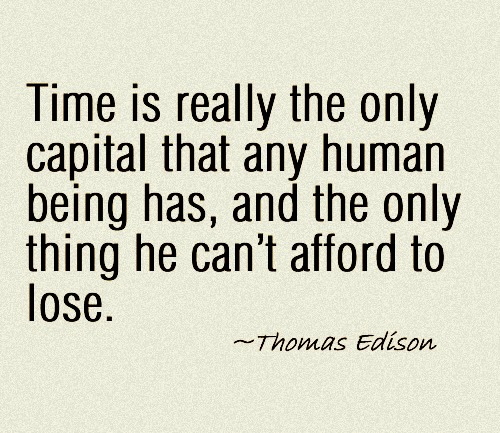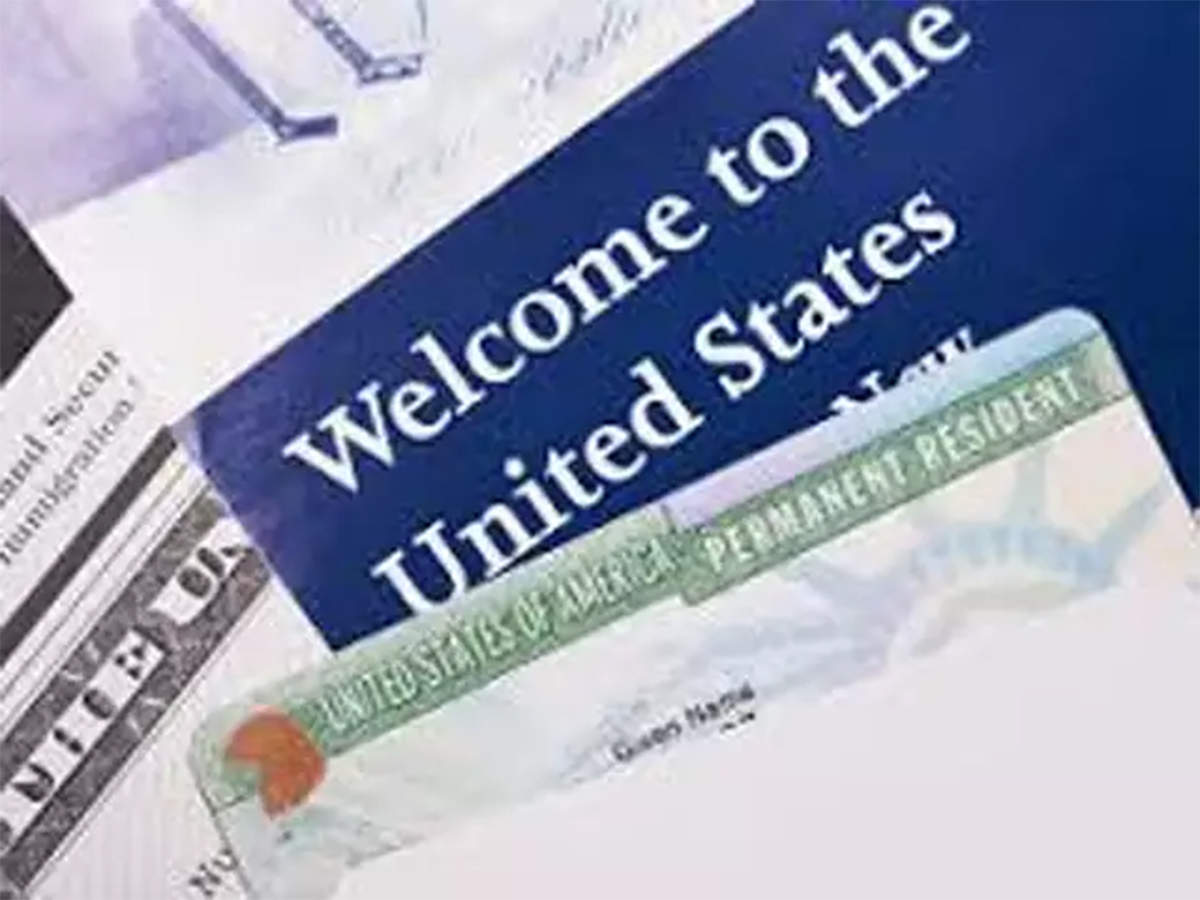It is currently the interview season, and I have received inquiries from some friends seeking advice on how to enhance their chances of matching. In my previous attempt, I tried various methods such as sending emails, physical letters, making phone calls, and leaving voicemails to program coordinators, but the outcome was ultimately unsatisfactory.
During this time, I have experienced a considerable amount of internal reflection. Frequently, I find myself pondering the question, "What if I do not match?" The thought of not matching leaves me feeling quite disheartened. Considering the significant investments of time, effort, and finances I have dedicated to this residency pathway, the prospect of not matching carries a substantial cost. Reapplying in the subsequent cycle would require even more commitment to improve my chances of matching. This process can be mentally taxing and emotionally challenging. How can I start my day without the persistent inner voice reminding me that "You have failed, and thus, you are in this situation" or "You could have been working elsewhere as a PGY1"? While I acknowledge that these internal monologues offer no real benefits, I cannot help but project into the future that awaits me if I do not match.
Another concern revolves around how others perceive me. I recognize that this concern may appear superficial, but it has been the primary reason why I have kept my pursuits confidential throughout medical school. Only my closest friend knows about my decision to take the USMLE exams, and I even chose not to notify the school about my USMLE results during registration. Whether I succeed or fail will remain unknown to others. Ultimately, their opinions, views, and gossip hold little significance. However, if somehow these opinions reach me, I anticipate feeling unsettled. Negative comments would only exacerbate my already fragile mental well-being at that point.
If I were to fail to match, I would find myself starting anew and feeling tired internally. Reflecting on my thought patterns from January 2020 to Match Day 2020, I acknowledge that dwelling on these negative thoughts did not contribute positively to my well-being. Perhaps most difficult of all, I would find myself in a profoundly lonely place. None of my friends have shared my experience, and even my parents would struggle to understand why is matters so much to me to match. Somewhere along the way, I have begun to broaden my perspective, allowing myself to consider alternative viewpoints and possibilities.
What other actions can be taken to enrich your life experiences? Additionally, it's worth considering other aspirations/dreams one may have regardless of the circumstances one is in. Reflecting on these inquiries, it is my hope that through an open and adaptable mindset, you will come to realize that life presents countless possibilities, and embracing the journey is a wonderful choice to make for oneself. :)




